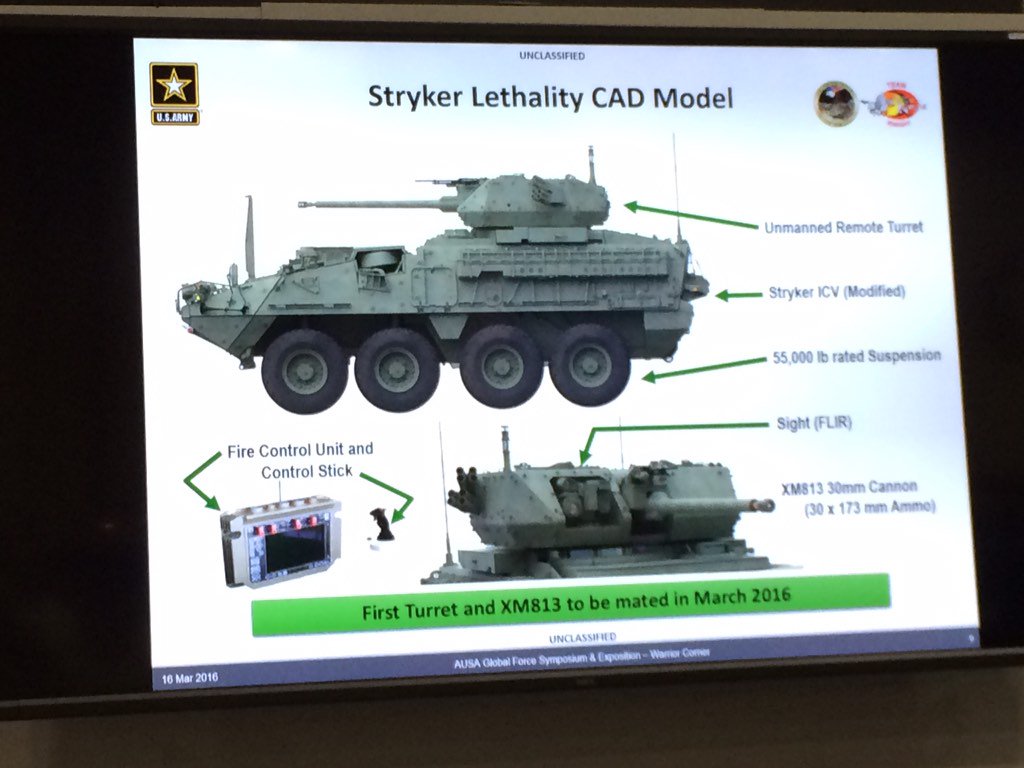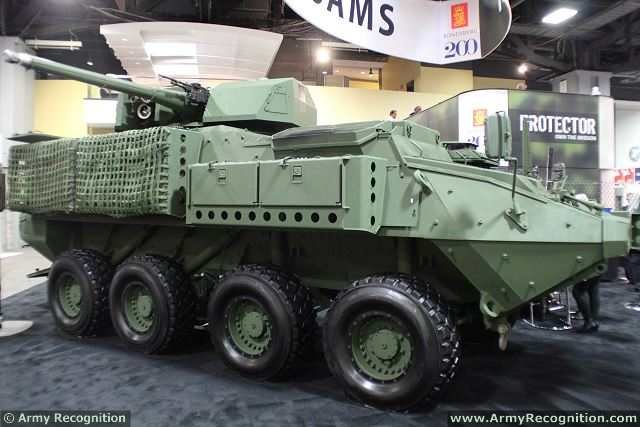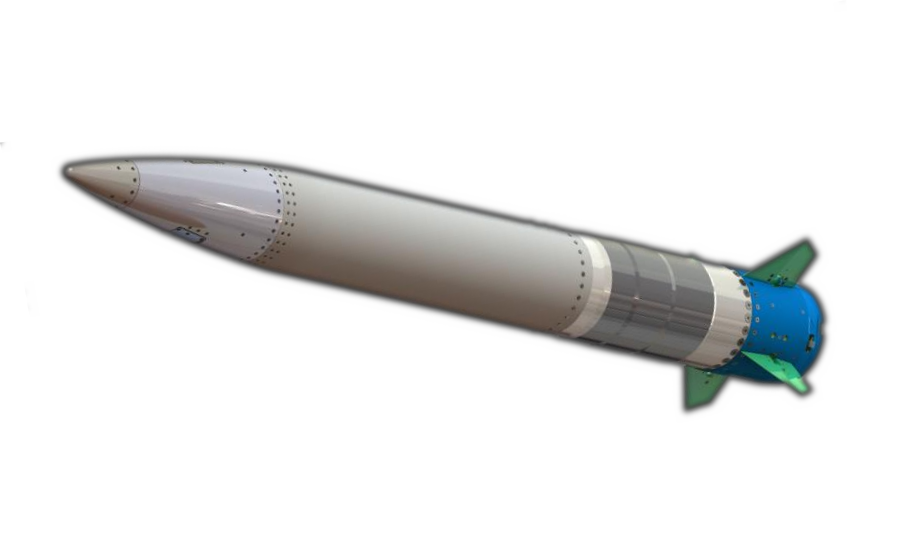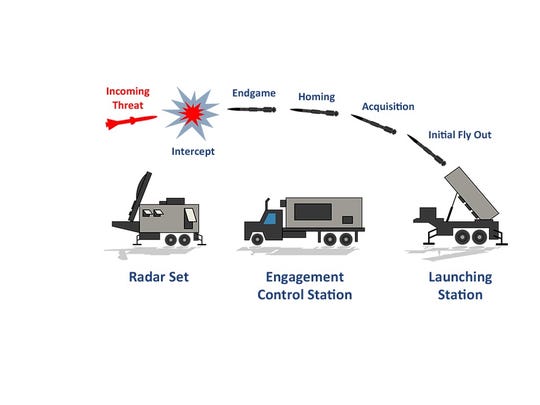
CAD model of already proposed Stryker firepower increase and modernisation package.

 Re: U.S. Army News:
Re: U.S. Army News:
 Re: U.S. Army News:
Re: U.S. Army News:Militarov wrote:
CAD model of already proposed Stryker firepower increase and modernisation package.
 ....Wake me up when they upgrade to a 40mm autocannon similar to this:
....Wake me up when they upgrade to a 40mm autocannon similar to this: Re: U.S. Army News:
Re: U.S. Army News:Militarov wrote:
CAD model of already proposed Stryker firepower increase and modernisation package.

 Re: U.S. Army News:
Re: U.S. Army News:KoTeMoRe wrote:Militarov wrote:
CAD model of already proposed Stryker firepower increase and modernisation package.
Wait doesn't GDLS have a cleaner design already tested?
Modified Stryker.
Clean slate Stryker 30.
Yeah...looks like shi*
 Re: U.S. Army News:
Re: U.S. Army News:
 Re: U.S. Army News:
Re: U.S. Army News: Re: U.S. Army News:
Re: U.S. Army News:GarryB wrote:Wow... that is amazing.... they are developing Iskander...
 Re: U.S. Army News:
Re: U.S. Army News: Re: U.S. Army News:
Re: U.S. Army News: Re: U.S. Army News:
Re: U.S. Army News:
 Re: U.S. Army News:
Re: U.S. Army News: Re: U.S. Army News:
Re: U.S. Army News: Re: U.S. Army News:
Re: U.S. Army News: Re: U.S. Army News:
Re: U.S. Army News: Re: U.S. Army News:
Re: U.S. Army News:max steel wrote:JBLM soldier shoots Apache helicopter with live rounds, grounding California exercise
A large training exercise for Joint Base Lewis-McChord soldiers in Southern California came to a halt Saturday morning when an infantryman shot an Army Apache helicopter with live rounds.
No one was hurt in the incident, but the infantryman’s bullets punctured the JBLM-based helicopter four times and prompted a suspension of the exercise at the National Training Center in the Mojave Desert, said Ken Drylie, a spokesman for the training center.
It’s not clear why the soldier had live rounds in his rifle. Soldiers are issued blanks when they arrive at the training center to use in war games. They shoot at each other with blanks and a sort of laser tag during mock battles.
“The big question is how did it happen, which is why when it happened they immediately stopped training, and they did a 100 percent inspection to ensure there were no further live rounds where they shouldn’t be,” Drylie said.
Rifles at Fort Irwin are equipped with devices called blank firing adapters that allow the weapons to shoot as if they have live rounds. In this case, a live round blasted the adapter off the rifle and then subsequent bullets hit the helicopter.
Drylie said the soldier has not been disciplined. The Army conducted a preliminary investigation and determined the shooting was an accident.
“It’s a really weird accident, but it’s an accident,” he said.
The infantryman who shot at the helicopter serves in JBLM’s 1st Battalion, 17th Infantry Regiment. He was temporarily attached to a unit at the training center that acts as the enemy force when infantry brigades from around the country visit the post for large-scale exercises.

 Re: U.S. Army News:
Re: U.S. Army News:

 Re: U.S. Army News:
Re: U.S. Army News:
 Re: U.S. Army News:
Re: U.S. Army News:
 FGM-148 Javelin
FGM-148 Javelin Re: U.S. Army News:
Re: U.S. Army News: Re: U.S. Army News:
Re: U.S. Army News:GarryB wrote:Javelin is nothing like Kornet... Kornet is a heavy long range high speed laser beam riding missile.
Javelin is a short range low speed very very expensive missile with a thermal imager for self guidance, or manual SACLOS guidance.
 Re: U.S. Army News:
Re: U.S. Army News: Re: U.S. Army News:
Re: U.S. Army News:nemrod wrote:GarryB wrote:Javelin is nothing like Kornet... Kornet is a heavy long range high speed laser beam riding missile.
Javelin is a short range low speed very very expensive missile with a thermal imager for self guidance, or manual SACLOS guidance.
Thx Garry.
I do not know why in this test, the T-72 was completely burnt by the Javelin. Did this T-72 contain too much fuel ? Video aimed for propaganda ? The warthead of the Javelin was greater than normal ?
 Re: U.S. Army News:
Re: U.S. Army News:Hannibal Barca wrote:Kornet is considered a class above the rest but Javelin is good enough to make the job as well. Excessively expensive though.